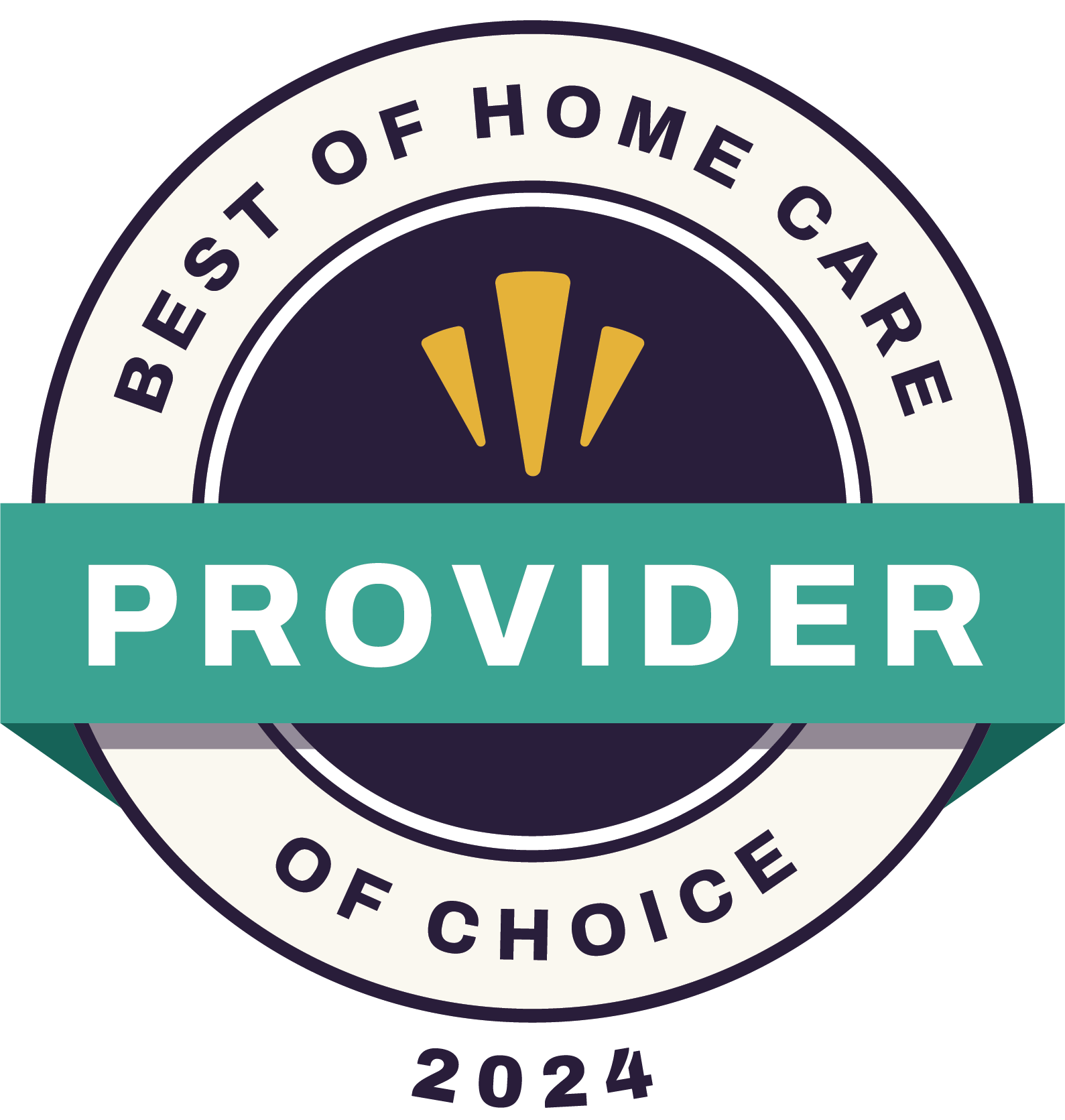Home Modifications And Tips For Alzheimer's Patients
Caring for a loved one with Alzheimer's can present unique challenges, especially when ensuring their safety at home. Moreover, Alzheimer's affects cognitive abilities, memory, and physical functioning, making individuals more vulnerable to accidents.
This article explores the importance of home safety for Alzheimer's patients and provides practical tips and guidance on implementing necessary home modifications. You will discover the proactive steps to creating a safe environment and enhancing the overall well-being of your loved one.
The Importance of Home Safety for Alzheimer's Patients
Alzheimer's disease can cause memory loss, confusion, and impaired judgment, increasing the risk of accidents and injuries. As a caregiver, you must recognize the importance of home safety to mitigate these risks. It is crucial to understand the specific challenges faced by individuals with Alzheimer's. These challenges may include:
- Wandering
- Difficulty with spatial awareness
- Diminished hazard recognition
- Impaired sensory perception
- Memory loss
Recognizing these challenges can help you take appropriate measures to prevent accidents and ensure the safety of your patients.
Key Home Safety Modifications
Creating a safe environment for Alzheimer's patients requires thoughtful home modifications. So, here are essential Alzheimer's home care modifications to enhance your loved one's safety:
1. Remove hazards
Alzheimer's patients may struggle to navigate cluttered spaces or identify potential dangers. You need to identify and eliminate potential hazards such as loose rugs, furniture with sharp edges, and objects that could cause injury. Keep the living space tidy and organized, ensuring clear pathways for easy movement.
2. Ensure proper lighting
Alzheimer's patients may experience visual impairments and difficulties with depth perception. Installing bright, glare-free lighting throughout the home, especially in hallways, staircases, and bathrooms, can improve visibility and reduce confusion. Then, consider using motion-activated lights to ensure optimal lighting in essential areas.
3. Install safety devices
Adding safety devices can significantly enhance the safety of Alzheimer's patients. For example, install bathroom grab bars to support and stabilize, especially near toilets and showers. Handrails on staircases can prevent falls, while secure window locks can prevent accidental openings. Additionally, consider placing safety gates at the top and bottom of stairs to restrict access if necessary.
4.Utilize technology
Technology can be valuable in ensuring Alzheimer's safety precautions. In addition, home monitoring systems equipped with cameras and motion sensors can alert caregivers of any potential risks or wandering. Also, door alarms can provide an added layer of security, notifying caregivers if the front door opened unexpectedly. Consider using GPS tracking devices or wearable technology to locate a loved one who may wander outside the home.
5.Secure kitchen and appliances
The kitchen can pose significant risks for Alzheimer's patients. Remove or secure potentially dangerous items such as knives, matches, and cleaning products. Consider using childproof locks on cabinets and drawers to prevent access. Install stove knob covers to prevent accidental gas or stove use, and consider an automatic stove shut-off device for added safety.
Essential Safety Tips for Caregivers of Alzheimer's Patients
For improved home safety for individuals with Alzheimer's, apply the below tips:
1. Supervise and assist
Keep a close eye on your loved one, especially during activities that could pose a risk including, cooking, bathing, using household appliances, or even simple tasks like going up and down stairs. Offer assistance when needed and be prepared to step in to prevent accidents.
2. Establish routines
Individuals with Alzheimer's benefit from predictable daily routines. Regular schedules for meals, medication, activities, and rest can help reduce confusion and provide a sense of familiarity and comfort. Create visual cues or reminders to help reinforce the routine.
3. Encourage independence
While ensuring safety is paramount, it is also important to promote Alzheimer's home care independence for your loved one. Allow your loved one to participate in activities within their abilities, encouraging them to perform tasks such as dressing themselves or engaging in light household chores. Adapt tasks to make them easier and safer to accomplish, maintaining their sense of dignity and accomplishment.
How a Home Health Aide Can Assist With Patients with Alzheimer's
Take proactive steps to improve the safety and well-being of your loved one with Alzheimer's by reaching out to Elite Home Health Care. We have many quality and experienced certfied home health aide who will provide personalized assistance and guidance in implementing necessary home safety modifications to ensure your loved ones safety. The goal of a home health aide is to help seniors live independently and safely at home. These professionals can also provide other various health and safety services in the home and help seniors maintain their independence by providing assistance with daily living activities.
If you are interested in hiring a home health aide for your loved one, Elite Home Health Care can help. We are a home health care agency that has successfully helped seniors with Alzheimer's remain safe and cared for in their homes. With our services, you can rest assured that our experienced professionals will provide the help and support your loved one needs to stay healthy and safe. For more information, visit our website or contact us.
Written by: Leah Ganz
Leah Ganz, RN, BSN is the Director of Patient Services at Elite Home Health Care. She has an extensive background in homecare and previously worked in various specialties including pediatrics, pain managemnet and internal medicine. She oversees allpatient services across Elite's departments.



